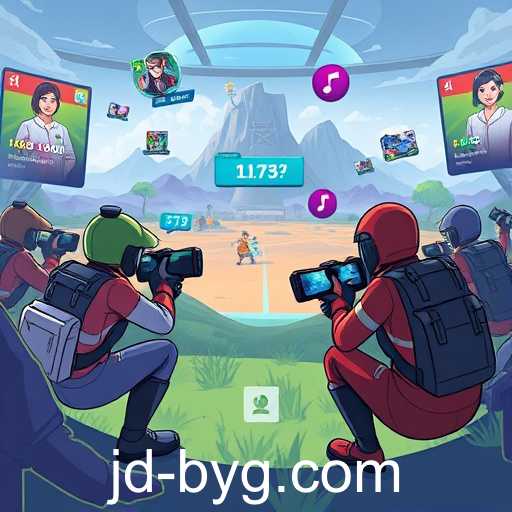In an era where digital interaction is at the forefront of entertainment, platforms such as Jdbyg are quickly rising to prominence in the gaming industry. As the technology continues to evolve at a breakneck pace, these platforms are offering gamers unprecedented levels of interaction and engagement. Just as social media revolutionized communication, gaming platforms are redefining how users experience and enjoy their favorite games.
As of 2025, the gaming industry is witnessing a significant shift towards more integrated and immersive experiences. Jdbyg and similar platforms are not only focusing on delivering high-quality games, but they are also emphasizing community building and real-time interaction among players. This approach has opened up new avenues for developers and gamers alike, fostering a more inclusive and dynamic gaming environment.
The impact of Jdbyg on the gaming landscape can be seen in its user-generated content and expansive game library, which caters to a wide array of interests. By empowering gamers to create, share, and collaborate, the platform has contributed to a culture of innovation within the industry. Additionally, the integration of cutting-edge technologies like virtual reality (VR) and augmented reality (AR) further pushes the boundaries of what gaming can achieve.
However, with these advancements come challenges, particularly in the form of digital security and data privacy. As gaming platforms collect vast amounts of user data to enhance personalization and user experience, concerns regarding data protection and user consent have come to the fore. It is imperative for companies to address these issues head-on, ensuring that user trust is maintained while continuing to innovate.
Looking ahead, the future of gaming platforms like Jdbyg appears bright, with the potential to influence not only entertainment but also education, social interaction, and even business. As developers leverage new technologies, the possibilities for user engagement and platform enhancement seem boundless. The evolution of these platforms will undoubtedly be a driving force in the digital era, bridging the gap between technology and human experience.








